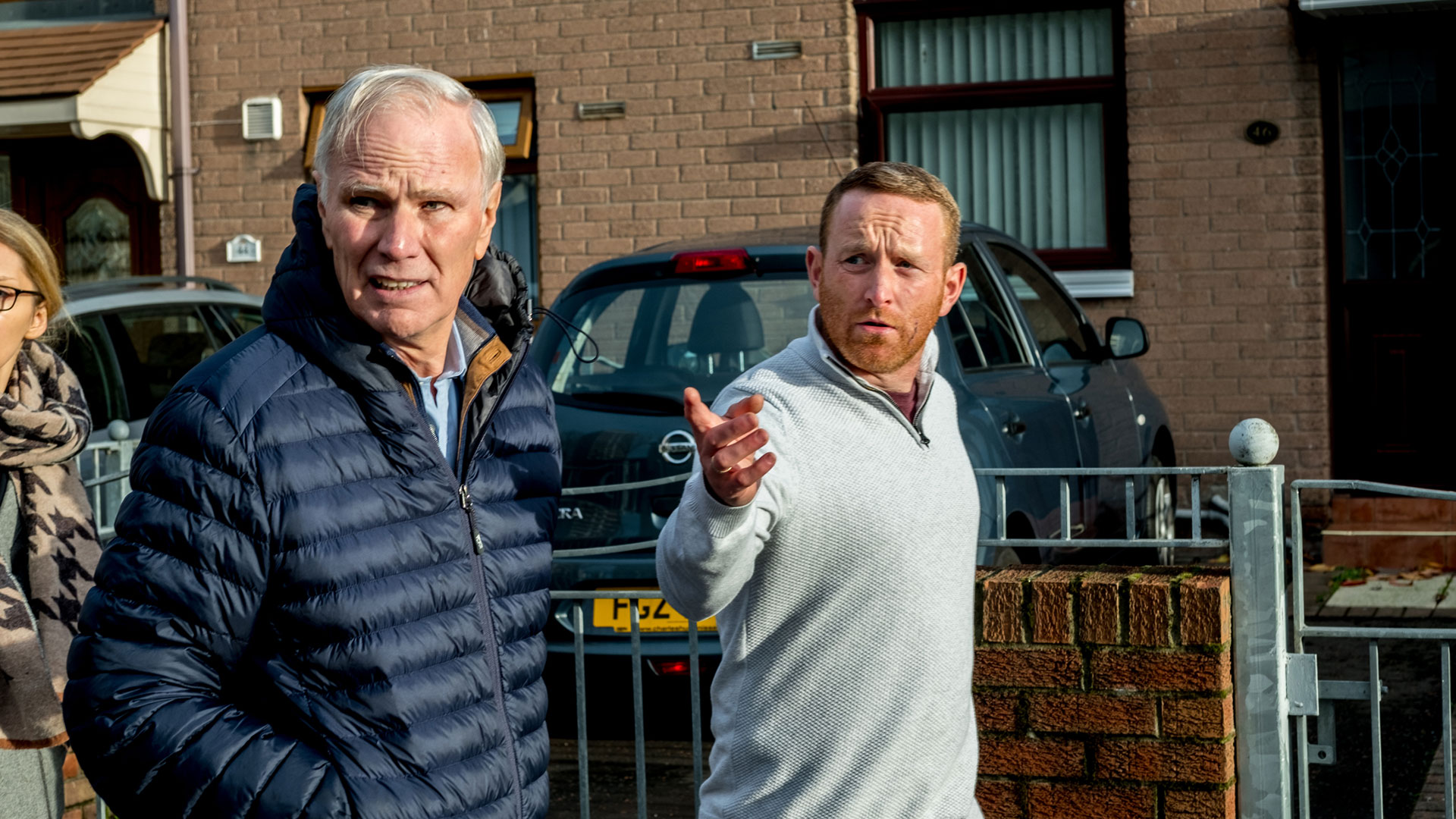The UN report into poverty in the UK perfectly described facts that we see every day – of communities fighting to cope with austerity realities. But that message struggles to cut through to higher levels of a government still trying to get to grips with Brexit and who will be moving into No 10.
That was underlined yet again by last week’s response to the UN Special Rapporteur on Extreme Poverty and Human Rights’ report after he presented his findings to the UN Human Rights Council in Geneva. This was the government’s chance to formally respond to Philip Alston’s scathing criticism of the Universal Credit roll-out and a “punitive and mean-spirited approach” to the poor. It was an eight-page refusal to accept the information presenting. Instead, complaints about Dr Alston’s “inflammatory language and overtly political tone” were front and centre of the government written response.
Fascinating. After calling @Alston_UNSR's report 'barely believable,' disparaging our tone, and reportedly considering a formal complaint, when it took the floor to formally respond at #HRC41, the UK government appears to have pointed to its written response and dropped the mic.
— Rebecca Riddell (@Rebecca_Riddell) June 28, 2019
This has moved on from the Department for Work and Pensions’ initial “barely believable” rebuttal and Chancellor Philip Hammond’s claims he “can’t see” the poverty described following the UN expert’s 12-day tour of the UK in November.
Elsewhere within the response, the recommendation of a new poverty measurement has been accepted while the UK government maintains that Universal Credit is “working”.
But the opportunity to say more was reduced to a disappointing one-minute response from the UK’s Human Rights Ambassador Rita French. In her short statement, she referred the council members and all observer delegations to the written statement already supplied.





